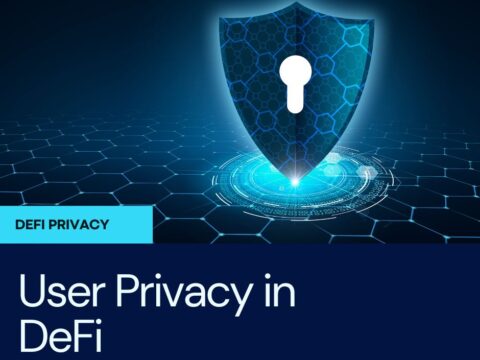Decentralized Finance (DeFi) has emerged as a groundbreaking force in the financial landscape, offering innovative solutions such as lending, borrowing, and trading without traditional intermediaries. The core infrastructure of DeFi relies heavily on smart contracts, self-executing programs that automate the terms of financial agreements. While DeFi presents exciting opportunities, it also introduces security challenges that demand careful consideration and proactive measures. In this exploration, we delve into the intricacies of security challenges within DeFi protocols and smart contracts, highlighting the importance of robust security frameworks.
Understanding DeFi Protocols:
- Decentralization and Peer-to-Peer Transactions: DeFi protocols operate on decentralized blockchain networks, facilitating peer-to-peer transactions without reliance on traditional financial institutions. This decentralization is a key feature but also introduces unique security considerations.
- Diverse Financial Services: DeFi encompasses a wide range of financial services, including lending, borrowing, decentralized exchanges, and yield farming. Each service comes with its own set of security challenges that need to be addressed to ensure the integrity of the entire ecosystem.
The Role of Smart Contracts:
- Automated Execution of Agreements: Smart contracts, written in code, automate the execution of agreements between parties without the need for intermediaries. While this enhances efficiency, any vulnerabilities in smart contracts can be exploited, leading to financial losses.
- Code Immutability: Once deployed on a blockchain, smart contracts are typically immutable, meaning they cannot be altered. While this ensures trust in the execution of agreements, it also means that fixing vulnerabilities in deployed contracts can be challenging.
Security Challenges in DeFi:
- Smart Contract Vulnerabilities: Flaws in smart contract code, such as bugs or vulnerabilities, can be exploited by malicious actors to manipulate transactions or drain funds. Thorough code audits and testing are essential to identify and rectify these vulnerabilities.
- Oracle Exploitation: DeFi protocols rely on oracles to fetch external data for decision-making. Manipulating oracles can lead to inaccurate information being used in smart contracts, impacting the reliability of the entire system.
- Flash Loan Attacks: Flash loans, a feature of DeFi, allow users to borrow large sums of assets without collateral, provided the loan is repaid within the same transaction. Exploiting vulnerabilities in smart contracts, attackers can execute complex maneuvers to manipulate prices and profit.
- Centralized Points of Failure: While DeFi aims for decentralization, some platforms still have centralized components, such as admin keys. Compromising these keys can lead to unauthorized control and manipulation of the protocol.
Mitigating Security Risks:
- Code Audits and Formal Verification: Conducting thorough code audits by security experts and implementing formal verification processes can help identify and rectify vulnerabilities in smart contracts before deployment.
- Decentralized Oracles: Exploring decentralized oracle solutions can enhance the reliability of data inputs, reducing the risk of manipulation.
- Insurance Protocols: Some DeFi platforms integrate insurance protocols that provide coverage against certain risks, offering a layer of protection for users in the event of security breaches.
- Community Vigilance: Establishing active and engaged communities around DeFi projects contributes to a collective effort in identifying and addressing security issues promptly.
Regulatory Landscape:
- Navigating Regulatory Uncertainties: The DeFi space is evolving in a regulatory environment that is still taking shape. Navigating regulatory uncertainties and staying compliant with evolving standards is crucial for the long-term sustainability of DeFi projects.
Conclusion: As DeFi continues to redefine the financial landscape, addressing security challenges is paramount for its sustained growth and user trust. A collaborative approach involving developers, auditors, and the broader community is essential to create a robust and secure DeFi ecosystem. By proactively addressing security considerations, the DeFi space can continue to innovate and provide decentralized financial services that empower users worldwide.




